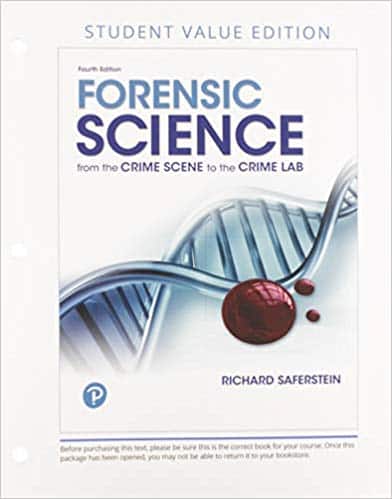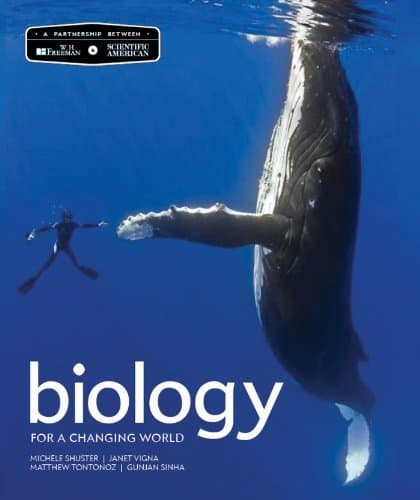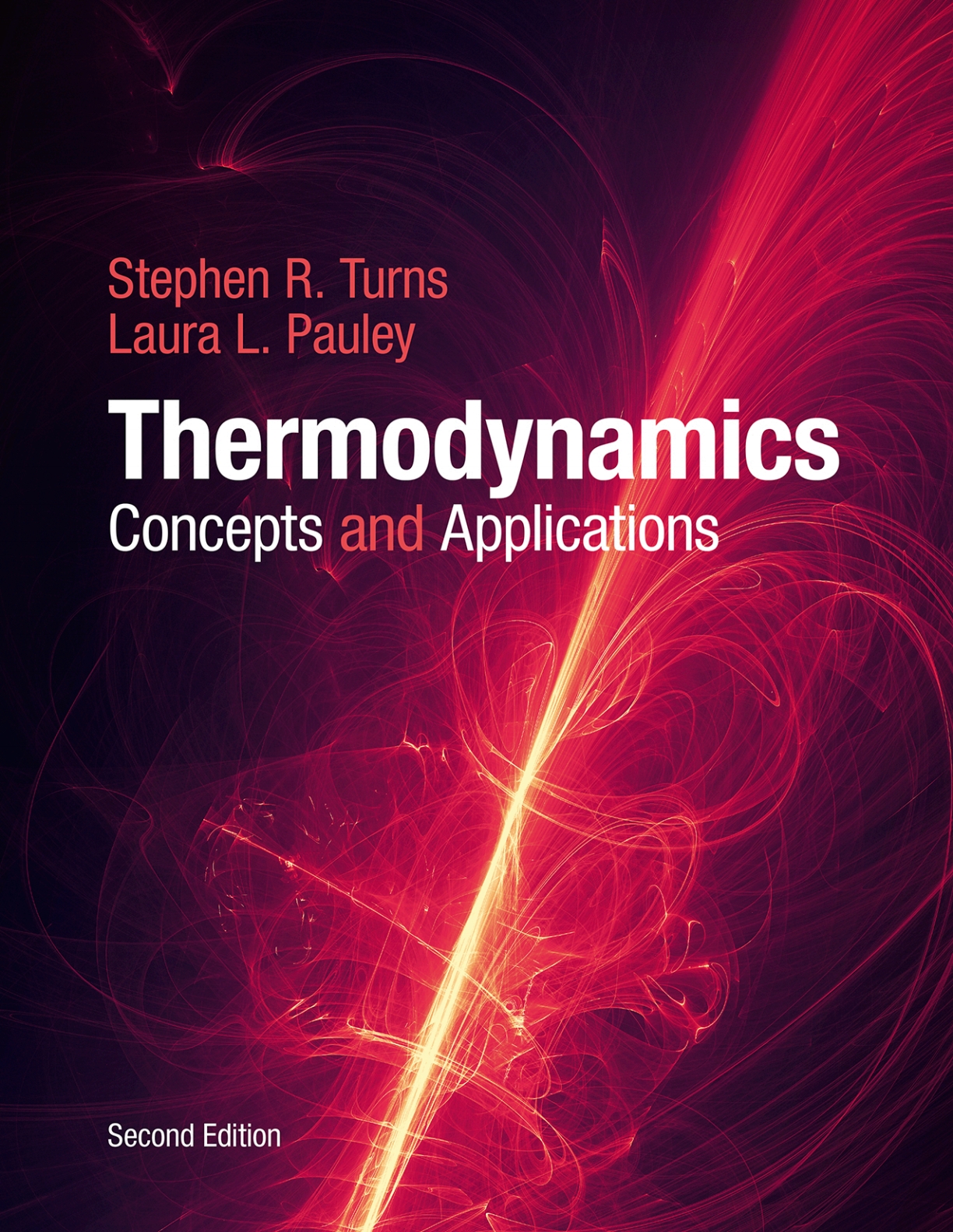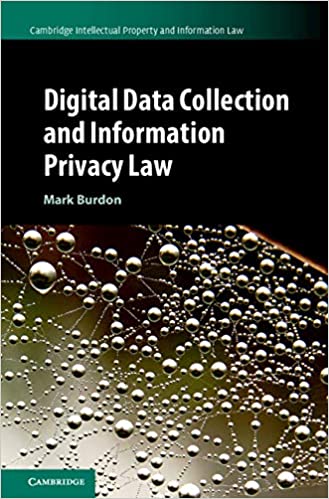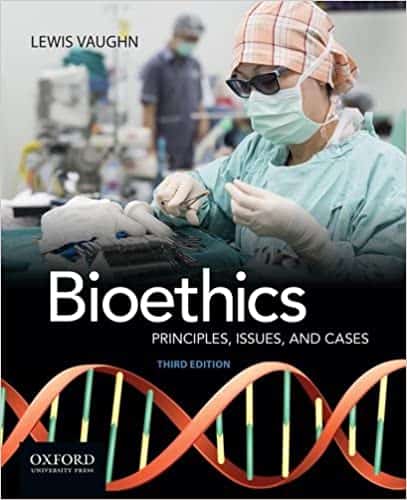Category: E-Books
A straightforward, student-friendly primer on forensics — Ideal for nonscientists, Forensic Science: From the Crime Scene to the Crime Lab 4th edition (PDF) provides an accessible, stimulating introduction to forensic science. The expert authors focus on the practical applications of forensic technologies, integrating scientific methodology into discussions of forensic applications.
From the innovative partnership of W. H. Freeman and Scientific American comes this one-of-a-kind introduction to the science of biology and its effect on the way we live. In Biology for a Changing World, 2nd Edition, (PDF), two veteran educators and a science journalist explore the main ideas of biology through a number
Completely revised to match the more traditional sequence of course materials, Thermodynamics: Concepts and Applications, 2nd Edition, (PDF) provides the fundamental principles and methods of thermodynamics using an engaging and clear style and a wealth of end-of-chapter problems. It includes five new chapters on topics like psychrometry, mixtures, chemical equilibrium,
In Digital Data Collection and Information Privacy Law (PDF), Mark Burdon debates for the reformulation of information privacy law to regulate new power outcomes of ubiquitous data collection. Scrutinizing developing business models, based on collections of sensor data – with an emphasis on the ‘smart home’ – Burdon shows the
Bioethics: Principles, Issues, and Cases, 3rd Edition, (PDF) explores the philosophical, social, medical, and legal aspects of key bioethical issues. Opening with a detailed introduction to ethics, bioethics, and moral reasoning, it then encompasses influential moral theories and the criteria for evaluating them. Incorporating eighty-nine readings–twelve of them new to

